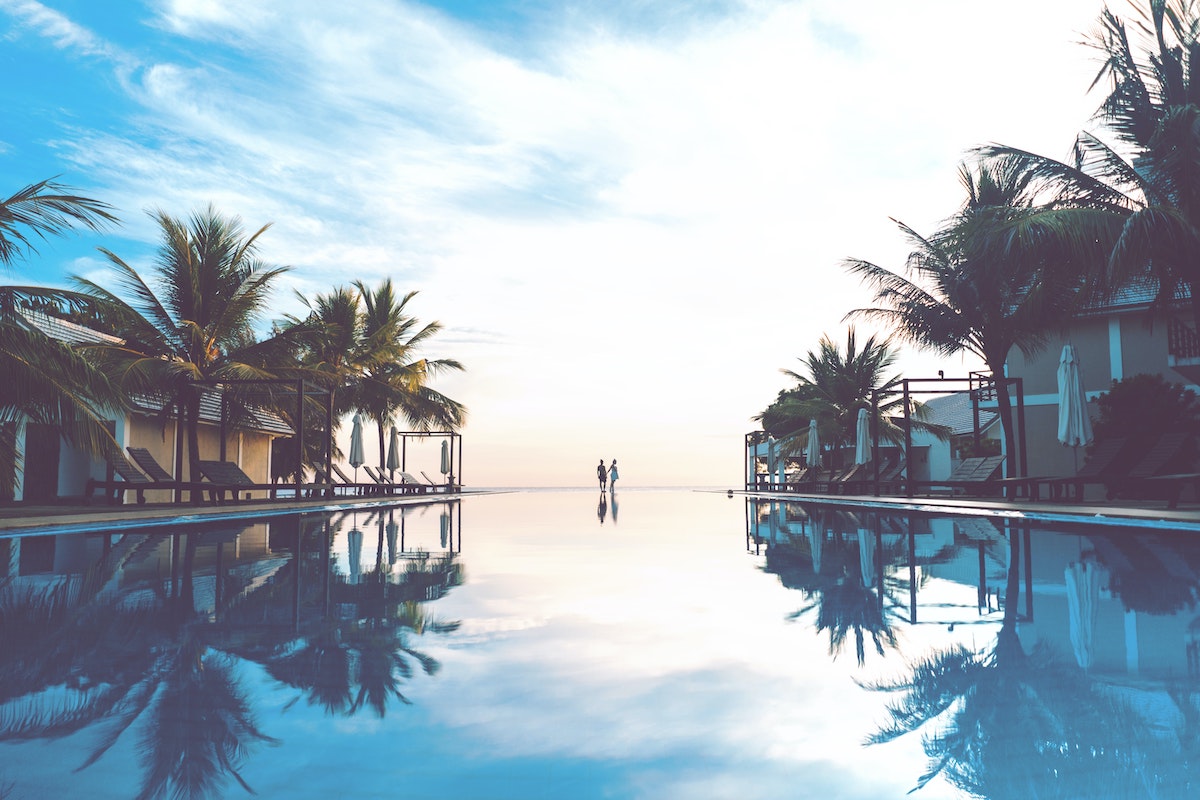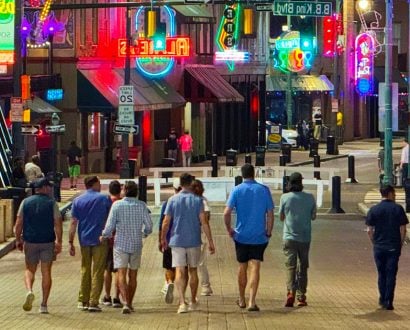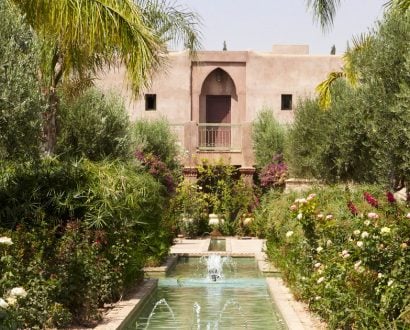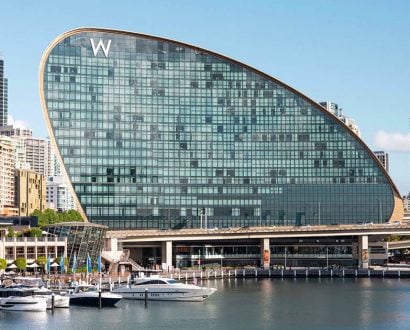Sustainability and environmental awareness have been edging closer to the top of wealthy consumers’ priority lists in recent years. Based on data from Altiant – an organisation that provides insight from experts, marketers and agencies working in luxury and wealth management industries – this new preference to choose green has extended to all corners of luxury consumerism.
Influenced by an increase in education and sustainable options such as carbon offsetting and eco-friendly accommodation – people’s habits are beginning to change. The other significant influencer on travellers is, of course, COVID-19. The pandemic has forced people to stop and think about how and why they travel and where their tourism dollar is going.
“In our quarterly monitor covering a sample of affluent and high net worth individuals, we see that a large proportion of the wealthy population in Europe, Asia and North America recognise the ongoing importance of environmental matters,” says Altiant Vice President Marketing and Partnerships Meryam Schneider.
Altiant’s research indicates that affluent consumers are prepared to back their views on environmental protection and sustainability with their spending.
“Around 44% are prepared to spend up to 10% more,” Meryam shares. “While 39% are prepared to spend more than 10% extra. Among those, 9% say they are even prepared to spend more than 25% extra for sustainable or ethical luxury products. Only 20% are entirely unprepared to spend any more on a sustainable or ethical luxury products.”
Spending more on sustainable goods resonates with men and women equally. The data also indicates that people under 40 show themselves as being more likely than the older cohort to be willing to spend more than 10% extra (44% versus 35% respectively).

“Despite being the most likely to rank sustainability as important, Europeans and Asians continue to be marginally the least likely to spend 10% or more extra for sustainability – a short way behind the share of Americans (42%) willing to do so,” Meryam reveals.
“For Europeans and Asians, sustainability appears to be seen as a given in a luxury product’s price, or something which should only have a small premium.”
Meryam adds that while interest in sustainable fashion has been the most visible due to intense media communication; eco-friendly cars, circular economy in clothing, jewellery and green travel are gaining traction.
“The current COVID-19 crisis seems to have accelerated this desire with a real questioning on luxury consumption,” she notes.
Another recent Altiant survey, covering sentiments during and after COVID-19 lockdown period, showed that 32% of global affluent and high net worth individuals intend to put more emphasis on sustainably produced luxury goods and services in the future – rising to 37% for locally produced commodities.
Meryam says this is particularly true for travel. Altiant has seen many members of its community taking fewer flights, even before COVID-19, in an attempt to reduce their environmental footprint.
“People have also reported the benefits they have seen in the world around them, for example, cleaner air and thriving wildlife,” she adds.
“Increasingly, it is the luxury travel brands that can effectively deliver on credible environmental commitments that will resonate most with many travellers.” – Meryam Schneider
Another key takeaway from the survey is that once all travel restrictions are lifted, leisure travel will suffer less than business travel.
“On both accounts, more than 44% of affluent and high net worth individuals claim that they will reduce their budget. But 20% tell us that they will dedicate more budget than before on flights for leisure versus only 12% for business purpose,” Meryam explains.

“Maybe the habit of conducting work remotely has made the need for in-person meetings less critical, but the wellbeing effects of leisure for this wealthy population can’t be substituted by online experiences.”
Thus, despite the challenge the global crisis poses, the luxury travel industry needs to prepare to cater to this rising interest in sustainable leisure travel.
“For airlines specifically, this can mean ongoing research into biofuels and flight-planning systems,” Meryam suggests. “The scope is even wider for hotels and resorts, ranging from the use of local foods onsite to how the hotel is powered and the conservation of water.”
“It seems that brands that are overlooking environmental considerations run the risk of falling behind their competitors.”
Green travel is here to stay, and its prominence will only further increase in the years to come.
“The desire to travel with a negligible or neutral impact upon the environment means that actions such as carbon offsetting can have a deep resonance,” Meryam says.
“Increasingly, it is the luxury travel brands that can effectively deliver on credible environmental commitments that will resonate most with many travellers.”
The ongoing climate crisis is also impacting some individuals’ lifestyles, and the brands they choose to interact with.
“It seems that brands that are overlooking environmental considerations run the risk of falling behind their competitors,” Meryam concludes.







